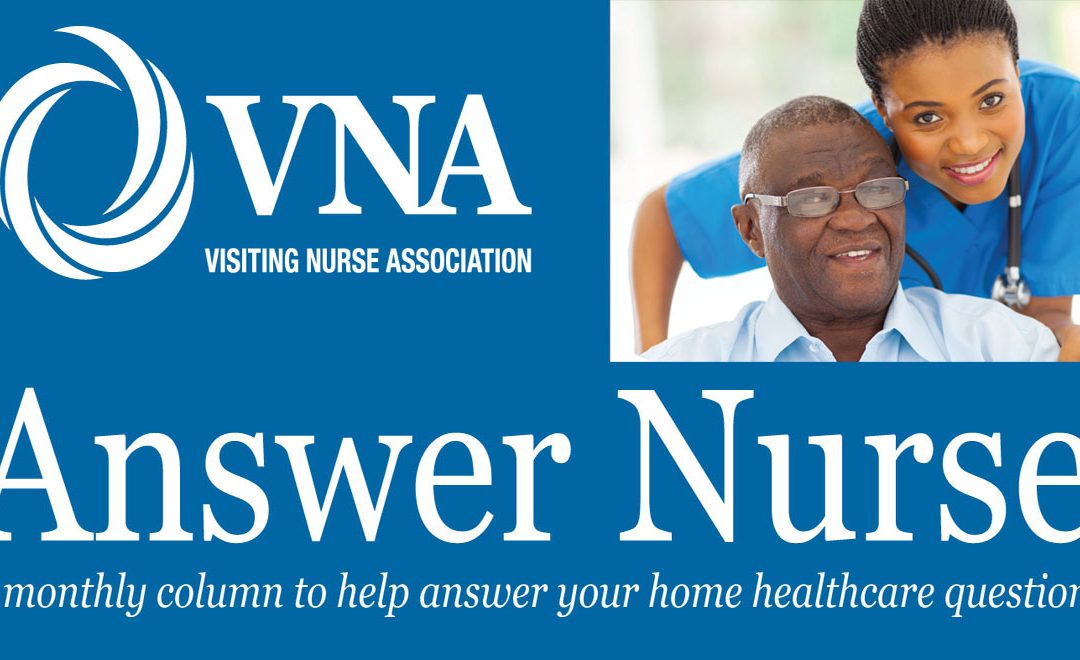August is National Immunization Awareness Month
Growing up, most of us receive many vaccines. Indeed, it’s often required if you want to attend school. But as adults, we think that we no longer need them. That’s not true! As we get older, our immune systems tend to weaken over time, putting us at higher risk for certain diseases, according to the CDC. What’s more, it’s not just about us. Meaning, when we get vaccinated, we also protect others because we’ll be significantly less likely to spread certain diseases. There’s even a term for this, community immunity.
Below we answer some of your questions about vaccines for adults.
Q: My friend is 55 and has shingles. She’s in such terrible pain, and I’m afraid that I’ll get it from her; is it contagious? If not, I’m 48 – should I get a shingles vaccine?
A: According to the CDC, if you’ve had chickenpox before, then your friend’s shingles virus is not contagious. However, for people who have never had chickenpox or didn’t get the chickenpox vaccine, they can get infected with shingles (aka varicella-zoster virus, the same virus that causes chickenpox) from someone who has shingles through (1) direct contact with the fluid from their shingles blisters or (2) breathing in virus particles from their blisters. However, if they do contract it, they will actually develop chickenpox, not shingles, although they could then develop shingles later in life.
Regarding your second question, assuming you did have chickenpox as a child and therefore could not contract shingles from your friend, the CDC recommends that people 50 and older should get a shingles vaccine (zoster).
Q: My husband is 65 and has diabetes. Is it safe for him to get a vaccine for pneumonia?
A: Yes. According to the CDC, all people 65 and older, whether or not they’re immunocompromised by a disease such as diabetes, are advised to get a pneumococcal (for pneumonia) vaccine. There are two kinds of pneumococcal vaccines available in the United States: Pneumococcal conjugate vaccines (PCV13, PCV15, and PCV20) Pneumococcal polysaccharide vaccine (PPSV23). Ask your physician which is best for you.
Q: I’m 70. It seems like the COVID-19 epidemic is over, but a friend advised me to get a COVID booster. Is this really necessary?
A: While life has returned to normal, per se, people can still contract COVID-19. According to the CDC, they recommend that people aged 65 years and older get a second dose of updated Pfizer-BioNTech or Moderna COVID-19 vaccine.
In addition, the CDC states that people who are moderately or severely immunocompromised may get additional doses of updated Pfizer-BioNTech or Moderna COVID-19 vaccine.
Q: My mother is a healthy 80-year-old woman, but I read somewhere that given her age, she should get a tetanus shot even if she had one as a child, which she did. Is this true?
A: According to the CDC, adults should get a TD or Tdaph shot every ten years.
***We understand, it can get a little confusing regarding what vaccines to get as adults. To make things a bit easier, below is a list from the CDC website of vaccines they advise adults to be up to date on, broken down by age groups. For more detailed information, please visit the CDC website: www.cdc.gov.
Vaccines you need
All adults ages 19 to 26 years should make sure they’re up to date on these vaccines:
- Chickenpox vaccine (varicella)
- COVID-19 vaccine
- Flu vaccine (influenza)
- Hepatitis B vaccine
- HPV vaccine (human papillomavirus)
- MMR vaccine (measles, mumps, and rubella)
- Tdap vaccine (Tetanus, diphtheria, and whooping cough) or Td (tetanus, diphtheria)
Vaccines you need
All adults ages 27 to 49 years should make sure they’re up to date on these vaccines:
- COVID-19 vaccine
- Flu vaccine (influenza)
- Hepatitis B vaccine
- MMR vaccine (measles, mumps, and rubella)
- Tdap vaccine (Tetanus, diphtheria, and whooping cough) or Td (tetanus, diphtheria)
Vaccines you need
All adults ages 50 to 64 years should make sure they’re up to date on these vaccines:
- COVID-19 vaccine
- Flu vaccine (influenza)
- Shingles vaccine (zoster)
- Tdap (tetanus, diphtheria, and whooping cough) or Td (tetanus and diphtheria)
Vaccines you need
All adults ages 65 and older should make sure they’re up to date on these vaccines:
- COVID-19 vaccine
- Flu vaccine (influenza)
- Pneumococcal vaccine
- Shingles vaccine (zoster)
- Tdap (tetanus, diphtheria, and whooping cough) or Td (tetanus and diphtheria)
Please note, it’s still important to consult with your doctor regarding what vaccines to get, particularly because you may need additional vaccines based on your age or other factors. These may include:
- Hepatitis B vaccine – recommended for all adults up through 59 years of age
- MMR vaccine (measles, mumps, and rubella)—if born 1957 or later
- Chickenpox vaccine (varicella) – if born 1980 or later
- HPV vaccine (human papillomavirus)
This information is for educational purposes. Please consult your physician for any medical issues. The Visiting Nurse Association (VNA) is committed to bringing trusted and quality home health and private care to Brevard County patients. For more information about VNA services, call 321-752-7550 or visit www.vnatc.com.


Recent Comments